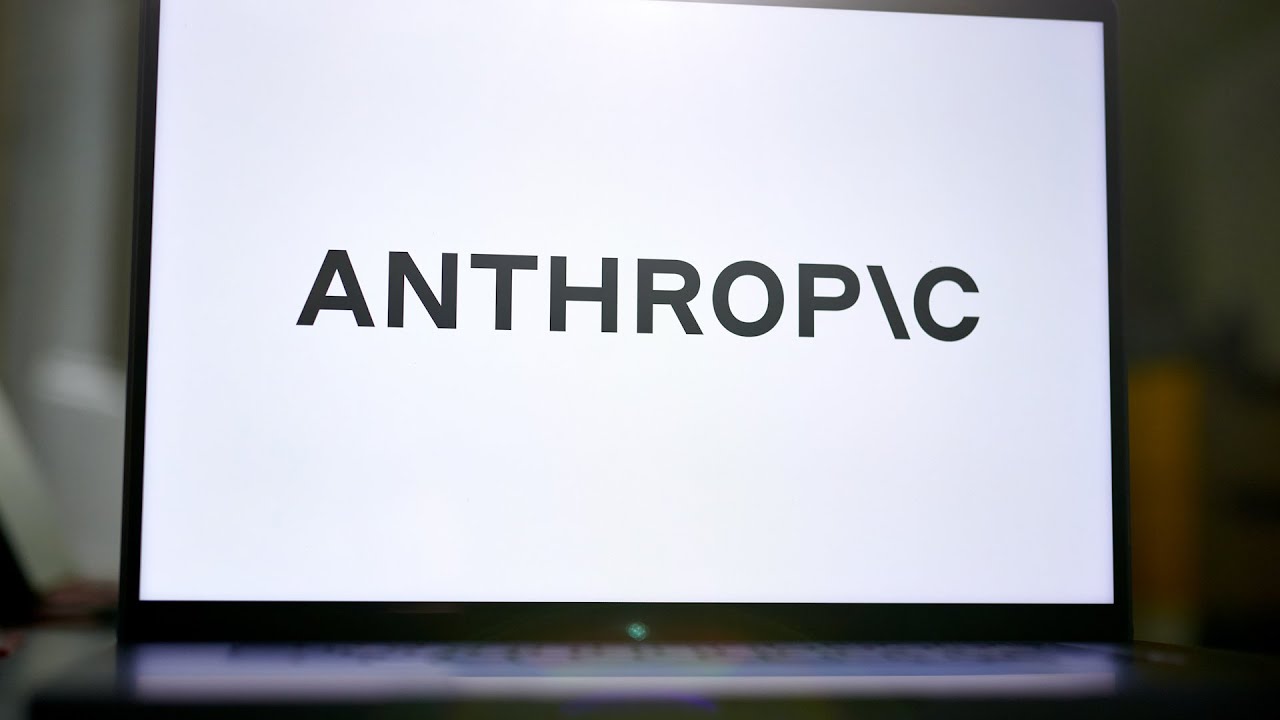The Anthropic copyright ruling determined that using physical books to train AI models constitutes fair use, while using pirated digital copies does not, highlighting the complex legal challenges of applying copyright law to AI training data. This decision has significant implications for the AI industry and content creators, sparking debate over balancing technological innovation with protecting authors’ rights and compensation.
The video discusses a significant copyright ruling involving Anthropic, an AI company that used millions of books to train its large language models. Initially, Anthropic acquired pirated digital copies of over seven million books to feed into their models. However, they later shifted tactics by purchasing physical used books, removing the spines, and scanning the pages to create a research library for training their AI. This method raised legal concerns when three authors sued Anthropic, arguing that using their works without compensation to train AI models should not be considered fair use under copyright law.
The authors contended that the use of their books, both pirated and physical copies, to train AI models was not transformative enough to qualify as fair use. Fair use typically allows limited use of copyrighted material without permission if it is sufficiently transformative and does not harm the original work’s commercial value. The judge ruled that the use of physical books for training was fair use, but the pirated digital copies were not. This ruling is part of a broader wave of ongoing legal cases addressing how copyright law applies to AI training data.
The ruling has significant implications for the generative AI industry. If training AI models on copyrighted materials without paying royalties is deemed fair use, companies can freely ingest vast amounts of information to improve their models. This would benefit AI development but poses challenges for authors and publishers who may lose control over their intellectual property and potential revenue streams. The decision has sparked discussions about the future of copyright law in the context of AI and how companies will navigate these evolving legal landscapes.
Experts and industry commentators are divided on the ruling’s impact. Some see it as a positive step for AI innovation, allowing unrestricted access to knowledge that can drive technological progress. Others warn of a “doomsday scenario” for the publishing industry, where the availability of AI-generated information could reduce demand for original books. This could undermine the financial incentives for authors to create new works, potentially stifling creativity and the production of new literature.
Overall, the Anthropic copyright ruling highlights the complex balance between fostering AI innovation and protecting the rights of content creators. It raises critical questions about how copyright law should evolve in the age of AI and what mechanisms might be needed to ensure fair compensation for authors while enabling technological advancement. The case is likely to be appealed and will continue to influence ongoing debates about the intersection of AI, copyright, and creative industries.
